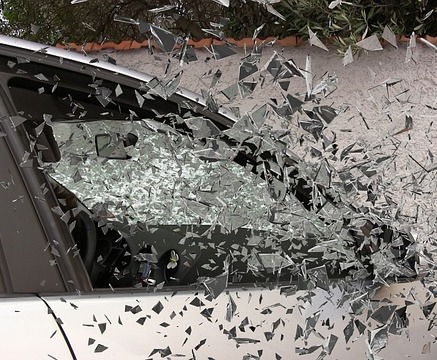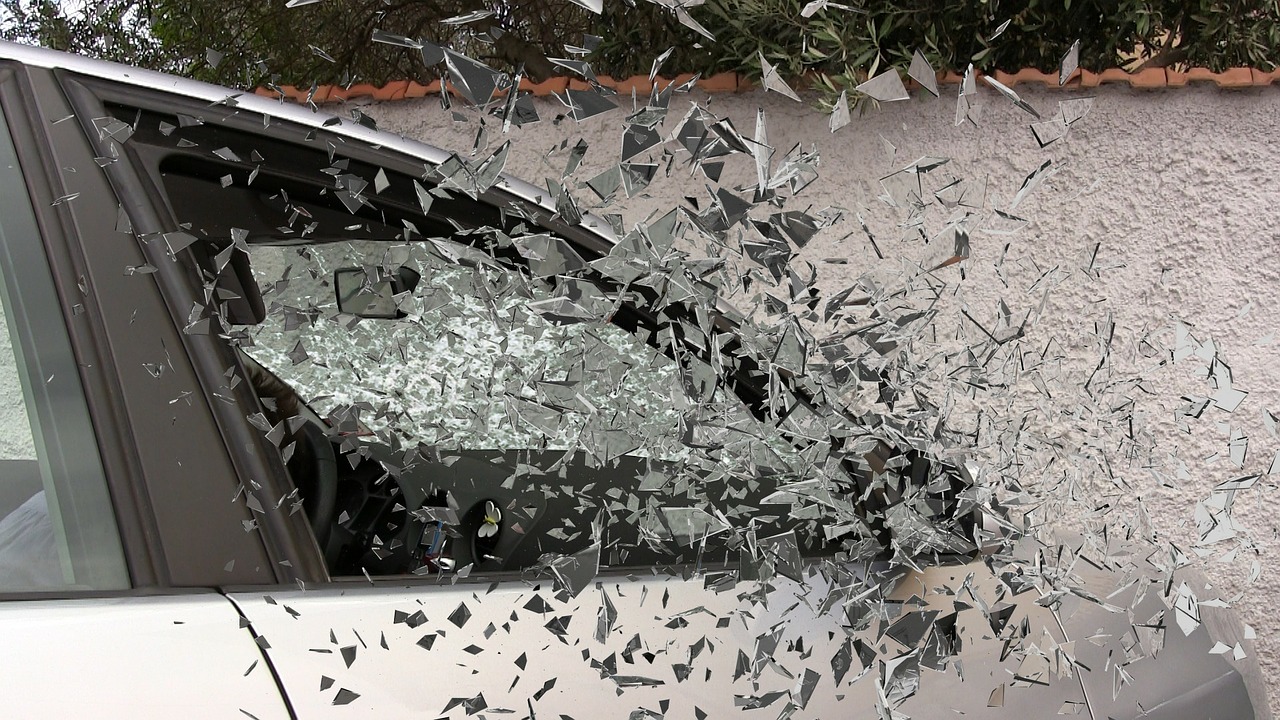What is a Minor Automobile Accident and Does It Matter?
There are minor accidents and major accidents. Unfortunately, the universal description of the two types of accidents only talk about the damage to the vehicles. What happens to the people inside the vehicles has little to do with what the average person means when they say that a car collision was either major or minor.
While it is more likely that the occupants will suffer a serious injury if the collision is considered major, the reality is that people walk away from roll-over accidents without serious injury while people walk away from relatively minor accidents with injuries that never fully heal.
How Motor Vehicle Accident Claims Work
For the past twenty years, if not more, insurance companies have increasingly segregated bodily injury claims into those that came from a “minor” motor vehicle accident and those that came from a major one. If major, then the insurance company will still fight hard. Iff minor, then they have, as an industry, established a set means of dealing with the claims.
Each company will handle these cases a little differently, but they all have a program for them. Sometimes they will have boilerplate language placed into their letters. Something like, “Because this was a minor collision with only XXXXX in property damage, we are expecting that you will not be making a personal injury claim” or “that your treatment for your injuries will be complete in under a month.”
Sometimes insurance companies will start this routine on their own insureds by letting someone know, who is using their PIP benefits to treat their injuries, that they shouldn’t have been too hurt because the vehicle was repairable or only suffered $1,000.00 in damage.
If the companies know that there is not a causal relationship between property damage and injury to occupants, why do they implement this strategy? Because it works. First, it works on the minds of the person who was hurt. They likely thought the same thing, that they shouldn’t have gotten injured in a fender bender. Second, because this argument works with juries. Juries are inclined to think, because of the decades of propaganda regarding frivolous claims and lawsuits, that anyone bringing an injury claim is to be looked upon with suspicion.
 No one on a jury wants to believe that they were duped by someone seeking money from another nor be part of an endemic problem of people believing they won the lawsuit lottery. Because the insurance company knows this, they also know that if the damage to the vehicles was low, then the jury’s suspicion will be heightened. They then hire an “engineer” or an “independent doctor,” both experts who work almost exclusively for the insurance industry,who will come in and talk about how the forces of impact were low and how the person should have gotten better more quickly (if they were, indeed, injured at all). Thus, someone who was minding their own business and got hurt due to the negligent driving of another, can’t get the compensation they deserve.
No one on a jury wants to believe that they were duped by someone seeking money from another nor be part of an endemic problem of people believing they won the lawsuit lottery. Because the insurance company knows this, they also know that if the damage to the vehicles was low, then the jury’s suspicion will be heightened. They then hire an “engineer” or an “independent doctor,” both experts who work almost exclusively for the insurance industry,who will come in and talk about how the forces of impact were low and how the person should have gotten better more quickly (if they were, indeed, injured at all). Thus, someone who was minding their own business and got hurt due to the negligent driving of another, can’t get the compensation they deserve.
It’s hard to blame the jury when they are suspicious to begin with and when an “expert” reaffirms their fears, then they are inclined to be guarded in the transfer of money from one person to another (juries are not told about insurance involvement in trials). This strategy has been so effective that many plaintiff attorneys no longer take on cases without adequate property damage.
We Can Help
At Wiener & Lambka, PS, we take the insurance companies on when they try to push our clients around with low property damage arguments. We know that they can be effective in court and we seek out means to develop our clients’ cases so that these false arguments are less effective or, hopefully, shown to be without merit. These can be difficult cases and sometimes clients don’t even know the game they are playing with the insurance company until it is too late.
For example, sometimes the negligent driver’s company also pays for the property damage and has one of its own recommended shops do the inspection. They have incentive to keep the property damage low both because they have to pay the bill and they can then use the information against the person who might later be making a bodily injury claim.
It is vital that consumers contact an experienced attorney early on in their case so that they can avoid these pitfalls. Consultations are free and without the need to commit to representation. If you are getting these “minor damage” arguments from the insurance company for the other driver in your case, please feel free to give us a call.



0 Comments